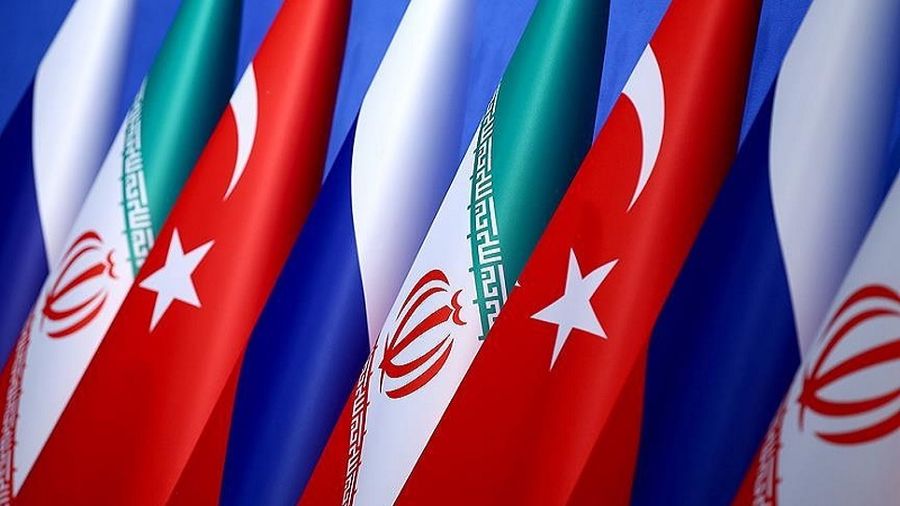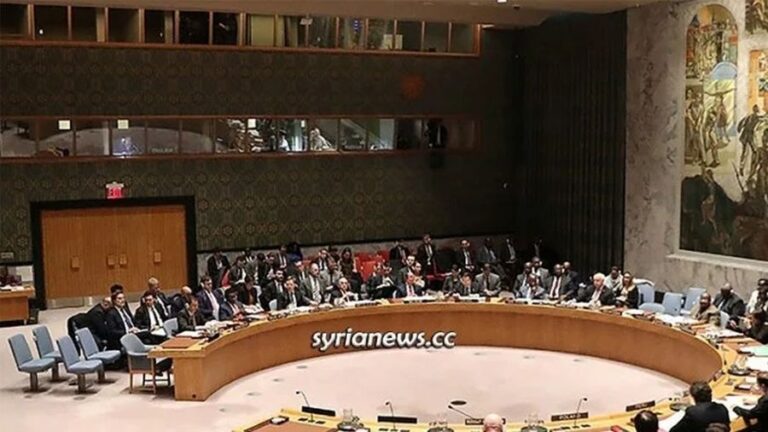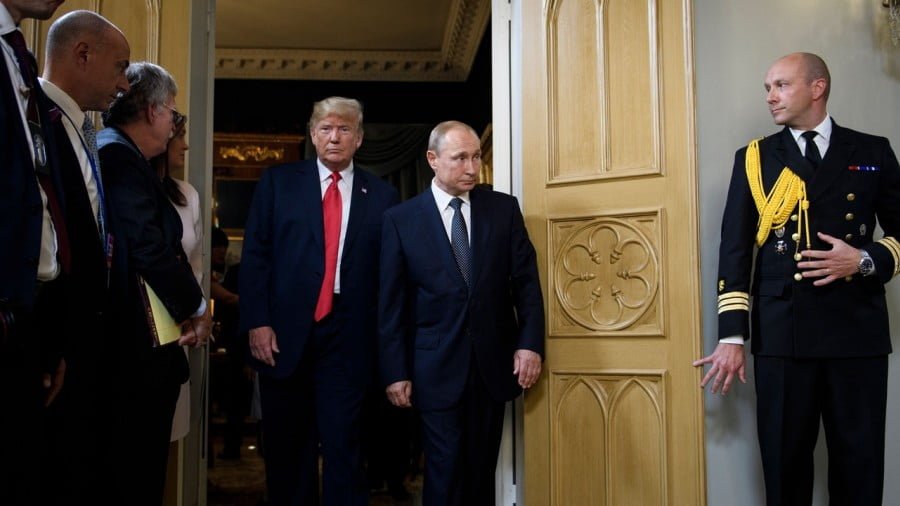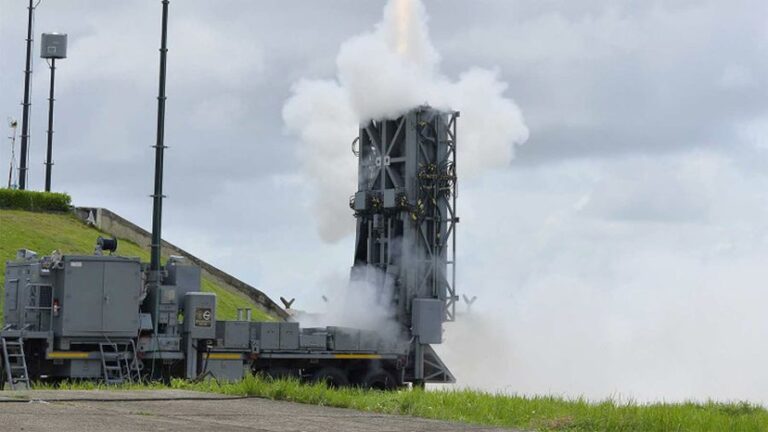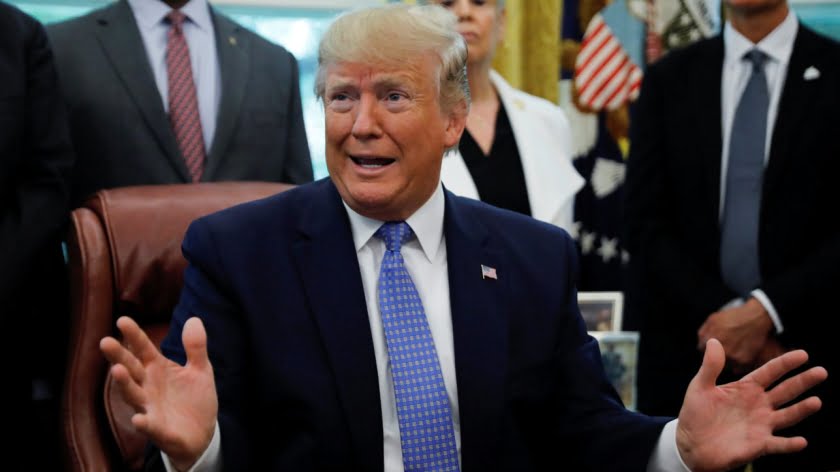Adding An Energy Dimension to Russia’s Ummah Pivot Will Accelerate Multipolarity
If successfully implemented, these plans would reinforce Iran’s role as a global energy superpower together with enhancing Turkiye’s balancing act between the Golden Billion and the BRICS- & SCO-led Global South. That would in turn accelerate the global systemic transition to multipolarity in accordance with President Putin’s global revolutionary manifesto while imbuing Iran and Turkiye with global influence.
Russia’s proactive engagement with majority-Muslim countries, which can be described as its “Ummah Pivot”, precedes the start of its special operation in Ukraine but was given a newfound impetus as a result of that development. The unprecedented sanctions imposed upon this newly restored world power by the US-led West’s Golden Billion decoupled each party from their previous relationship of complex interdependence, especially with respect to energy, which thus compelled the Kremlin to immediately compensate by replacing its lost European partners with those across the Global South.
Majority-Muslim countries as a whole play the role of a much-needed third force in Russia’s grand strategic balancing act between China and India, thus preemptively averting its potentially disproportionate dependence on either. This is more important than ever nowadays after India unexpectedly became Russia’s irreplaceable valve from Western pressure in preemptively averting the scenario of disproportionate dependence on the aspiring Chinese superpower, though the trade-off is that Russia might now become disproportionately dependent on that South Asian state instead.
There aren’t any credible concerns connected with this scenario though since India is extremely unlikely to leverage their newfound relations in any way that’s adversarial to Russia’s interests seeing as how their grand strategic ones are complementary with respect to facilitating the global systemic transition’s evolution towards tripolarity ahead of its final form of complex multipolarity (“multiplexity”). Nevertheless, it’s always important for the Kremlin to retain a sense of balance in its foreign affairs, hence the latest energy-related outreaches to its two most important majority-Muslim partners.
Over the summer, Gazprom signed a deal with Iran that reportedly resulted in it committing to invest a whopping $40 billion into the Islamic Republic, after which the recipient Great Power – which is working closely with Russia and India to create a third pole of influence in International Relations – suggested in mid-October that it could function as a transit state for facilitating its Eurasian partner’s global gas exports via the Gulf. This proposal coincided with the one that President Putin offered to his Turkish counterpart whereby that country could function as the hub for Russian energy exports to the EU.
Taken together, these interconnected plans amount to the addition of an energy dimension to Russia’s Ummah Pivot, which is mutually beneficial and highly strategic for all three parties involved. If successfully implemented, it would reinforce Iran’s role as a global energy superpower together with enhancing Turkiye’s balancing act between the Golden Billion and the BRICS– & SCO-led Global South. That would in turn accelerate the global systemic transition to multipolarity in accordance with President Putin’s global revolutionary manifesto while imbuing Iran and Turkiye with global influence.
For as ambitious as this grand strategy is, it’s not without risks. There’s no way that the US would ever accept Russia rerouting its sanctioned energy exports through Iran and Turkiye, let alone enabling them to become globally influential Great Powers in the process. The latest Hybrid War unrest that it recently unleashed in the Islamic Republic speaks to its desire to destabilize this geostrategically significant state while the recent sabotage that was already twice attempted against TurkStream shows that this declining unipolar hegemon is trying to punish its wayward NATO ally for its cooperation with Russia.
Be that as it is, those challenges aren’t insurmountable so there’s no reason to predict that the US will successfully sabotage the planned energy dimension of Russia’s “Ummah Pivot”. That being the case, these latest moves can therefore be described as a game-changer, especially when taken together with OPEC+’s recent decision to cut production, the latter of which confirms that America’s traditional Saudi ally is prepared to play its own role in accelerating the global systemic transition. These observations enable one to confidently conclude that majority-Muslim countries are indispensable to multipolarity.

